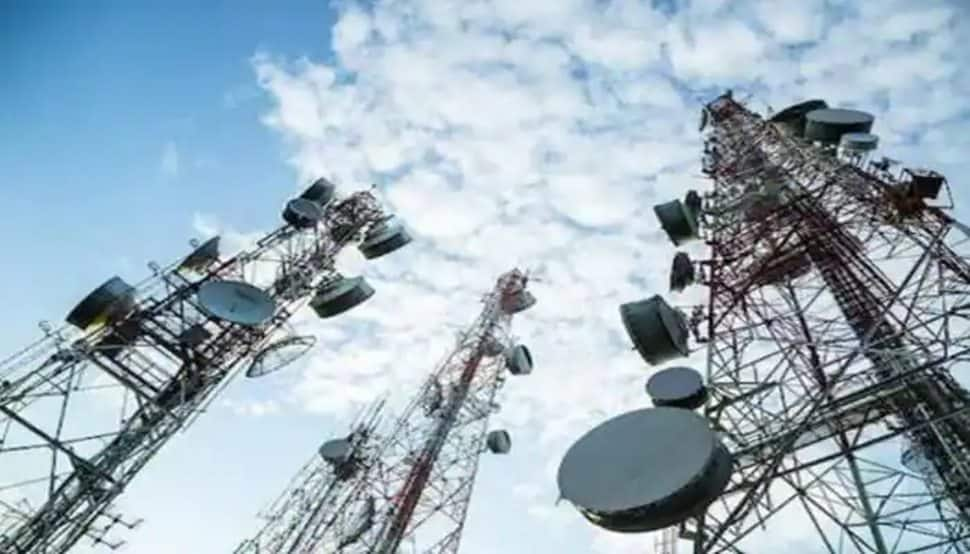The Ministry of Communications has extended the last date for receiving the comments and the counter comments after requests were received for the same from the stakeholders. “On requests of some of the stakeholders earlier, the last date for submission of written comments was extended up to 4th November 2022 and for counter-comments, if any, the last date was extended up to 18th November 2022. Now, some stakeholders have sought further extension of time for sending their comments on the ‘Draft Telecommunication (Broadcasting and Cable) Services Interconnection (Addressable Systems) (Fourth Amendment) Regulations, 2022’. In view of this, it has been decided to extend the last date for submission of written comments to 18th November 2022. Counter comments, if any, may also be submitted by 2nd December 2022. No further requests for extension would be considered,” said the ministry in a statement.
The Telecom Regulatory Authority of India (TRAI) had issued the ‘Draft Telecommunication (Broadcasting and Cable) Services Interconnection (Addressable Systems) (Fourth Amendment) Regulations 2022’ on 9th September 2022 for comments/ counter-comments of stakeholders. The last date for receiving written comments from the stakeholders was fixed as 7th October 2022 and counter comments, if any, by 21st October 2022. The comments and counter-comments may be sent, preferably in electronic form on the email: - advbcs-2@trai.gov.in and jtadv-bcs@trai.gov.in. For any clarification/ information, Shri Anil Kumar Bhardwaj, Advisor (B&CS) may be contacted at Tel. No: +91-11-23237922,” said the ministry.
Also Read: Good News for ESIC subscribers: Claiming maternity benefits becomes easier with new online portal
What is the draft Telecommunication Bill?
The Bill aims to consolidate and amend the existing laws governing the provision, development, expansion and operation of telecommunication services, telecommunication networks and telecommunication infrastructure and assignment of spectrum. The draft Telecommunication Bill seeks to lay down a broad framework addressing issues related to principle, leaving other substantive aspects to be formulated by the government once the principal framework is in place. The Bill also seeks to remove redundant penalties and imposes a quantum of penalties based on severity among others. The Bill also seeks to mandate licenses for OTT communication services (Internet-based apps/ software) among other regulations.
What are the controversies around the Bill?
Since the OTT apps include apps like WhatsApp, people are claiming that the draft bill will not only give the government the power to charge from these apps but it may also pave way for interference in the privacy policy. As per current norms, a company is termed a telecom provider if it has the physical infrastructure and then they pay a fee to the government for spectrum. The OTT apps like WhatsApp also offer services like telcos that include text, voice calls, and video calls. However, unlike the telcos, they don’t pay anything as of now as they simply bypass most telecom regulations even though their services are based on the internet. The government feels that it’s facing a loss due to this and thus want to regulate the OTT.
The government wants companies providing broadcasting services, e-mails, voice-video calls, internet and broadband services and even OTT communication services to pay a fee for the services they are offering to customers in India. However, there is a difference between the apps and telecom providers. Telecom firms control internet access but don’t provide services like email or video calls.
There are also many other factors. According to Finshots, a user of a messaging app will be held liable if found using the services of an OTT platform that has not received a license from the government. The user may have to pay a fine of up to Rs 1 lakh.
While these points remain debatable and since stakeholders will be submitting their inputs to the ministry, it will be important to see the final shape of the Bill.
















